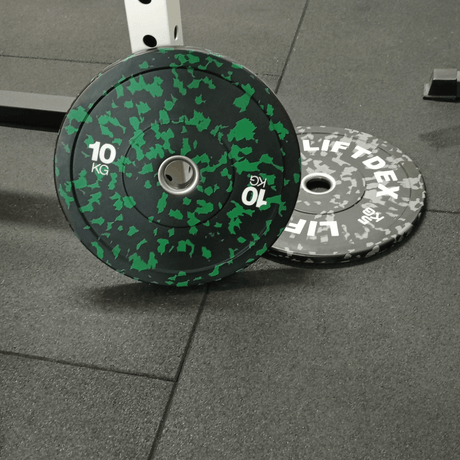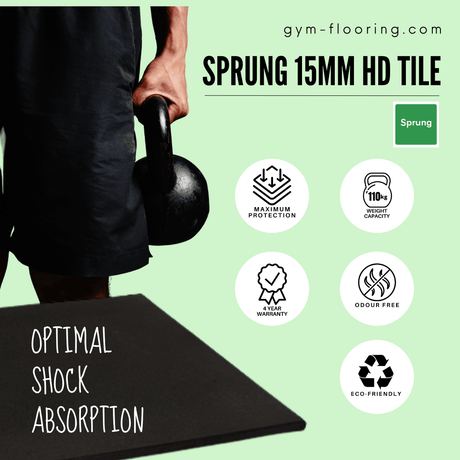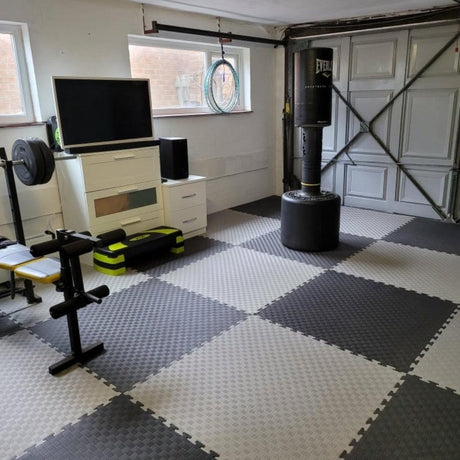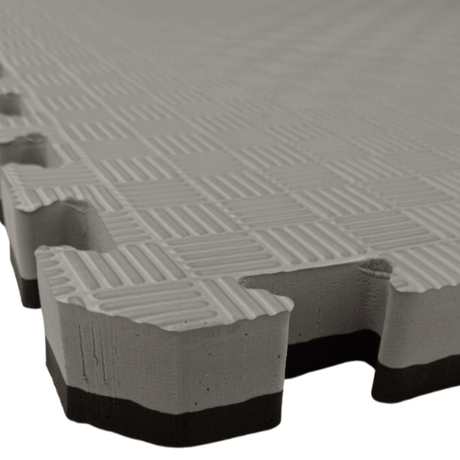“I still think Ange will succeed somewhere in England, even if it’s not at Spurs. I think he can and he will change. Everybody in the world of football got too bogged down with playing out from the back, so you need to be ahead of the curve instead of behind it and maybe Ange has come to Spurs just a little bit behind that curve.”
Former England international defender Gary Stevens was reflecting on the current state of affairs at his old club as they struggle in a difficult second season for head coach Ange Postecoglou. The 62-year-old still keeps a close eye on all things English Premier League as required by his regular punditry role on Astro Sports in Malaysia.
The Guardiola Influence and Its Limits

Stevens feels that the game may be reaching the end of a cycle in which most clubs seemed to want to follow in the footsteps of Pep Guardiola’s successful Manchester City side.
“When Pep Guardiola first came in at Manchester City, everyone was saying that what he wanted to do wasn’t going to work - playing out from the back. But Pep stuck with it, he got it right, and everybody followed.
“Now Man City aren’t quite doing it that way and I think even they have decided to send passes longer sometimes. Things go in cycles and I do hope the game becomes a little less controlled and robotic.”
Football's Data Dilemma
The influence of data on the modern game is unavoidable and Stevens feels that, despite its benefits, it does contribute to those robotic tendencies.
“I quite like data because it backs up quite a lot of what I see. The game hasn’t become dependent on it, but it helps to reinforce what a coach is trying to do. However, I do feel that we are reaching the stage of data overload, and people are using it to paint a picture. I think you see the picture first and then support it with data."
Losing the Art of Player Autonomy
“The biggest problem for me with data is that too many players now aren’t allowed to express themselves. Football has almost become too regimented, and Manchester City are arguably the worst at this. They have to play the way Pep Guardiola dictates and they are almost robotic.
“In my day, if something was going wrong on the pitch, the captain or one of the other players would suggest making changes. Now what happens is the players run to the touchline to ask the coach what they need to do. It’s almost like the head coach is controlling what happens on the pitch. I just think there needs to be more freedom for players.”
The Modern Player's Sacrifice
Freedom on the pitch is one thing, but freedom off it has become something that modern superstar players no longer have. For Stevens, the attraction of becoming a professional football player might have been heightened by the huge salaries on offer, but it has also been diminished by the lack of privacy and the control exerted over lifestyles.

“If they do it properly, they’ve lost their lives. As a footballer in my day, I had a great time. I had a social life. The football was a real buzz for me, but it didn’t get in the way of enjoying my life.
“I sacrificed a lot to get to where I did, but nothing like what players have to sacrifice today. Look at Jack Grealish, for example. He should be a first-choice in that Manchester City team, week-in, week-out. Why isn’t he? Because he can’t or won’t stick to a really tough regime that means that he’s as fit and as quick and as strong and as able as the elite players. There’s no doubting his ability, but he’s not dedicated enough and he wants to enjoy his life. That’s why you see pictures of him hanging out in bars with too many pints next to him. That’s not a criticism of Jack. He’s entitled to enjoy his life.”
Evolution of Sports Nutrition
While some aspects of life for the modern professional may have become more challenging, Stevens cannot deny that some of the sports science has resulted in significant improvements in diet.
“It was in January 1992 that I officially packed up, and I don’t think we were particularly aware of what we needed to eat and when we needed to eat. For example, before I made my debut as a 17-year-old for Brighton, my pre-match meal at 12 o’clock, for a three o’clock kickoff, was a fillet steak medium rare. I just copied what the club captain ordered"
“That steak was taking more energy out of my body trying to digest it than I was getting from it. Back then, we clearly didn’t have a clue, did we?
“Towards the end of my career at Spurs, there was more emphasis on when to eat and what to eat. But at the Spurs training ground, at lunch we sometimes had toad in the hole, which consisted of big fatty sausages in batter, with some mashed potatoes and baked beans. Compared to what the top clubs do diet wise for their players nowadays, it’s a totally different world. Quite often the top players now have their own dietician or their own chef at home.”
In addition to the growing influence of sports science, the rising number of foreign players and coaches in English football in the Premier League era is often cited as a reason for improving the lifestyles of English players.
Influence of Foreign Professionals
“The foreign imports into the English game led to a lot of English players saying, ‘hang on a minute, there’s a different way of doing this’. Most of them had a different approach and philosophy to their professional football life. It woke a few players up.
“Tony Adams credits Arsene Wenger with extending his career by years because he got him eating better and training better. When England started to bring foreign players in, it caused a positive shift in attitudes.”
Stevens' Continued Dedication to Fitness
While Stevens saw his career cut short by knee problems, he still applies the lessons learned from living as a professional sportsman. Now head of Black Mountain Football Academy in the coastal town of Hua Hin in Thailand, Stevens retains the lean look of the classy defender who enjoyed being part of a strong Tottenham side in the 1980s.
“I think I’m an active person generally, so most things I do, I do at full tilt. I think I burn calories naturally. This week on Monday morning, I was out on my bike for a couple of hours. Sometimes, I push myself quite hard and sometimes I just have a steady pedal"
“On Tuesday morning, I did an hour’s yoga class on the beach. I did likewise on Wednesday morning. On Tuesday evening, I did some coaching at my football academy. I’ll do the same on Thursday evening. On Friday, I’m teeing off at 6.30 in the morning at the Black Mountain Golf Club. There’s a nice little gym in the condo where I live, so if I’m not busy with other things, I get in there a couple of times a week"
“I’m also a believer that staying in shape or good health is 80 percent what you eat and drink and 20 percent exercise. I’m careful generally with what I eat and drink. I try to have my main meal at lunchtime and lighter meal in the evening.
“Most evenings, Irin, my partner of 10 years, makes us a fruit juice with the likes of apple, banana, strawberries or maybe blueberries, some yoghurt, a squeeze of lime and then I might have a tuna salad or something.
“It’s a combination of trying to look after myself. Sometimes, I have a beer, but rarely. I’m reasonably early to bed. I just try to have generally good living standards - being active.
“I’m lighter these days than when I used to play - I’m now about 78 kg. I used to play at about 83 kg. Five kilos is a lot, and it’s because I’ve lost so much muscle. I saw a picture of myself playing for Spurs the other day and my legs were like tree trunks.
“I try to keep muscle strong, but I don’t do weights anymore. I work against body weight, so I do squats for my thighs. I do a reverse plank for my hamstrings.”
A Look Back at Brighton's FA Cup Final 1983
It is more than four decades since Stevens’ breakout performance in the 1983 FA Cup final. With Brighton clear underdogs against Manchester United, the defender’s late equaliser made it 2-2 and forced a replay. The Seagulls almost snatched it at the death when Gordon Smith failed to beat Gary Bailey when through on goal. Unfortunately, Stevens’ side could not hit the same heights in the replay as they fell to a 4-0 defeat to a United side inspired by Bryan Robson.
“Back then, the biggest game of the year was the FA Cup final. It was pretty much the only live game on TV and everybody seemed to watch it. It was huge. Off the back of the 1983 FA Cup final, Brighton had been relegated, so the feeling was that I was going to be transferred. I was told that there was interest in me, but the first club to make a move was Spurs"
Playing with Legends at Tottenham Hotspur

“When I went to Tottenham, I found it quite difficult because the standards were different. A performance at Brighton that might have got me an 8/10 in the News of the World would get me a 6/10 at Spurs. And that’s because I was playing alongside great players.”
While Spurs have struggled to lift silverware in recent decades, Stevens arrived at the club when it was the norm.
“Spurs won the FA Cup in 1981 and again in 1982. I went there at the end of the 1982-83 season, when they had finished in a UEFA Cup qualifying spot. In the 1983-84 - my first season - we won the UEFA Cup. The following year, as defending champions, we were knocked out by Real Madrid in the later stages.
“During my time at the club, we signed some truly top players. But even before that, when I went there, Ray Clemence was in goal, Ossie Ardiles - a World Cup winner - was in midfield, Steve Perryman was there, Glenn Hoddle - in my opinion, one of the best midfield players ever - was there. We had Garth Crooks and Steve Archibald up front.
“Then we started to sign the likes of Chris Waddle, Paul Gascoigne, Gary Lineker, Richard Gough... I’ve got goosebumps talking about it. We had some great players. But we were up against some good sides. Liverpool were dominant, Everton were coming to the fore. It was a very competitive era.
“I look back at my career, with seven years spent at Spurs, and I feel that I didn’t achieve what I could have and should have. You need to have all the right ingredients in place at a club to win trophies, and the blend at Spurs was never quite right in my time there.”
Stevens’ sole winner’s medal from his time at Spurs came as a result of winning the 1984 UEFA Cup final against a formidable Anderlecht side that featured the emerging talent of Enzo Scifo as well as the more established quality of Franky Vercauteren and Danish legend Morten Olsen. Stevens slotted home one of the penalties that won the shootout to seal the trophy.
World Cup Dreams and Challenges

While Stevens feels that the team he played in should have won more silverware, he can still look back fondly on a career that allowed him to fulfil many of his boyhood dreams, including traveling to Mexico for the 1986 World Cup.
“It was another tick on the dreams chart - play top flight football, play in an FA Cup final, score a goal in a cup final, win a trophy with a top club, play for England, and then play in a World Cup finals. It was fantastic.”
But Stevens saw another side to being with the national side after a tough start to the tournament.
“I’d never experienced the scrutiny and negativity that came with the national side before. In our first two games, we lost one (against Portugal) and drew one (against Morocco), so we had to beat Poland in our final game to get out of the group, which fortunately we did.
“We had a great manager in Bobby Robson, but we had to watch him suffer because the media killed him when we were struggling and then adored him when we got a run going and reached the quarter-final against Argentina. And then, of course, that game featured the amazing Maradona, with the amazing goal that he scored and the Hand of God goal. I was one of the subs that day.”
England would bow out of the World Cup in that quarter-final match as Stevens watched from the bench. But England did walk away with one trophy at the World Cup as Gary Lineker lifted the Golden Boot, Stevens having set up one of his goals in the 3-0 victory over Paraguay in the Round of 16.
Life after Football

Stevens post-playing career has featured punditry, running football academies in England and Thailand, and coaching roles in professional leagues in Ireland, Azerbaijan and Thailand. His love of the game hasn’t diminished as he continues to work at the grassroots level, while providing insights alongside other former pros on his regular TV appearances.




















